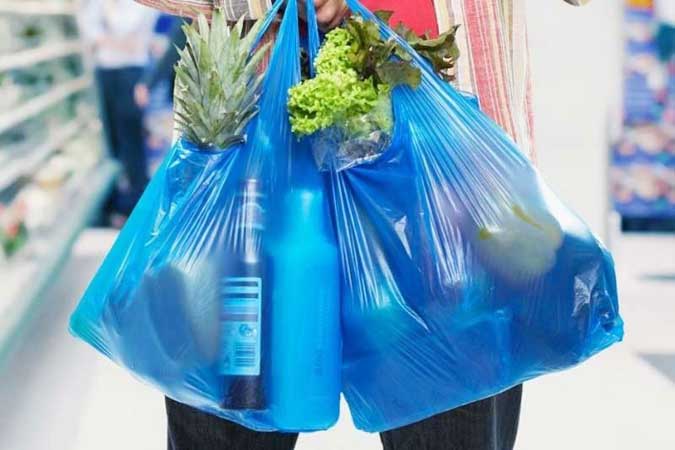Senate bill filed to phase out single-use plastic, styrofoam products

A SENATOR has filed a bill that will regulate and phase out the production of single-use plastic and styrofoam goods, citing the plastic pollution problem to which the Philippines is considered among the biggest contributors.
Senator Emmanuel “Manny” D. Pacquiao filed Senate Bill No. 2262, which aims to control the production, importation, sale distribution and use of single-use plastic and styrofoam products.
He noted that the Philippines produces 2.7 million tons of plastic waste each year, 20% of which end up in the ocean, citing a statement from the United States Agency for International Development last year.
This has placed the Philippines as the third largest contributor to plastic in the ocean.
The senator also cited a 2015 report indicating that almost half or 48% of solid waste in the country are produced in the capital region.
“The biggest contributor to this problem is our excessive use of single-use plastics. Single use plastics are designed to be used just once and are often thoughtlessly discarded,” he said in the explanatory note of the bill.
“Without decisive and effective action on this problem, we could end up with 12 billion tons of plastic litter in landfills and the environment and with more plastics than fish in the sea by 2050,” he said, citing the United Nations Environment Programme report in 2018.
The measure also calls for the formulation of a phase-out plan, which includes a reduction and recovery among consumers, responsibility schemes for producers, identifying alternative products, and establishing fiscal and non-fiscal incentives.
Under the bill, single-use plastic products such as plates and saucers, cups, bowls and lids, cutlery, food and beverage containers made of expanded polystyrene and sachets, among others, must be phased out within four years.
Drinking straws, stirrers, sticks for candy, balloon and cotton bud, buntings, confetti and packaging or bags of less than 10 microns shall be phased out within a year.
Production, importation, sale distribution, provision or use of the plastic or styrofoam product shall be prohibited.
On the other hand, properly labeled flexible disposable plastic straws for people with medical conditions shall be allowed when no reusable or compostable alternatives are available.
This provision on prohibition shall not apply to the use by hospitals, nursing homes or other medical facilities for medical treatment, according to the measure.
The proposal — similar to the Ecological Solid Waste Management Act of 2000 — also spells out the responsibilities of various departments as well as the National Solid Waste Management Commission in identifying plastic products that must be banned.
The bill also tasks government agencies to develop and implement programs that will assist local manufacturers in acquiring sustainable resources of raw materials and technology for recyclable materials as alternatives.
Producers and importers will also be required to establish responsibility programs to prevent plastic wastes from leaking into the environment within the first two years of the law.
Companies that fail to meet the recovery or offsetting of plastic product footprint target shall pay an amount equivalent to 5% of the cost if the single-use product “set in the market to the producers and importers’ responsibility corporation… net of whatever amount already spent for recovery for the period.”
Commercial establishments, meanwhile, will be mandated to promote the use of reusable and recyclable products. They shall also charge take-out food or delivery services for every use of single-use plastic product whether they are disposable or compostable.
The proposed law will also allow any citizen to file civil, criminal or administrative action against those who violate the provisions of the bill, government agencies with orders inconsistent with the measure and any negligent public officer.
Implementing rules and regulations of the law shall be crafted within six months from its effectivity. — Vann Marlo M. Villegas



